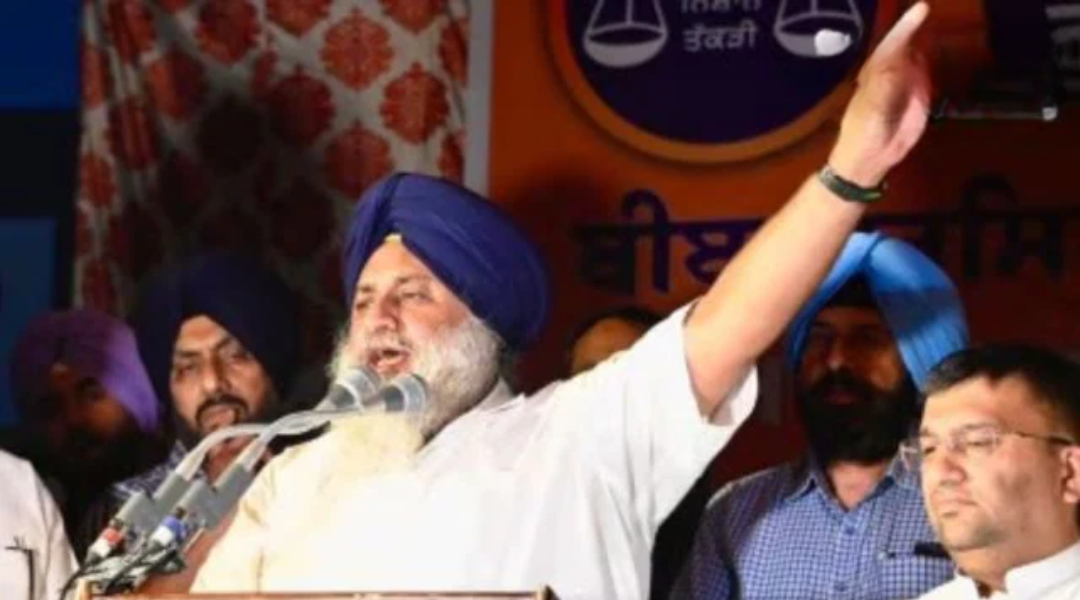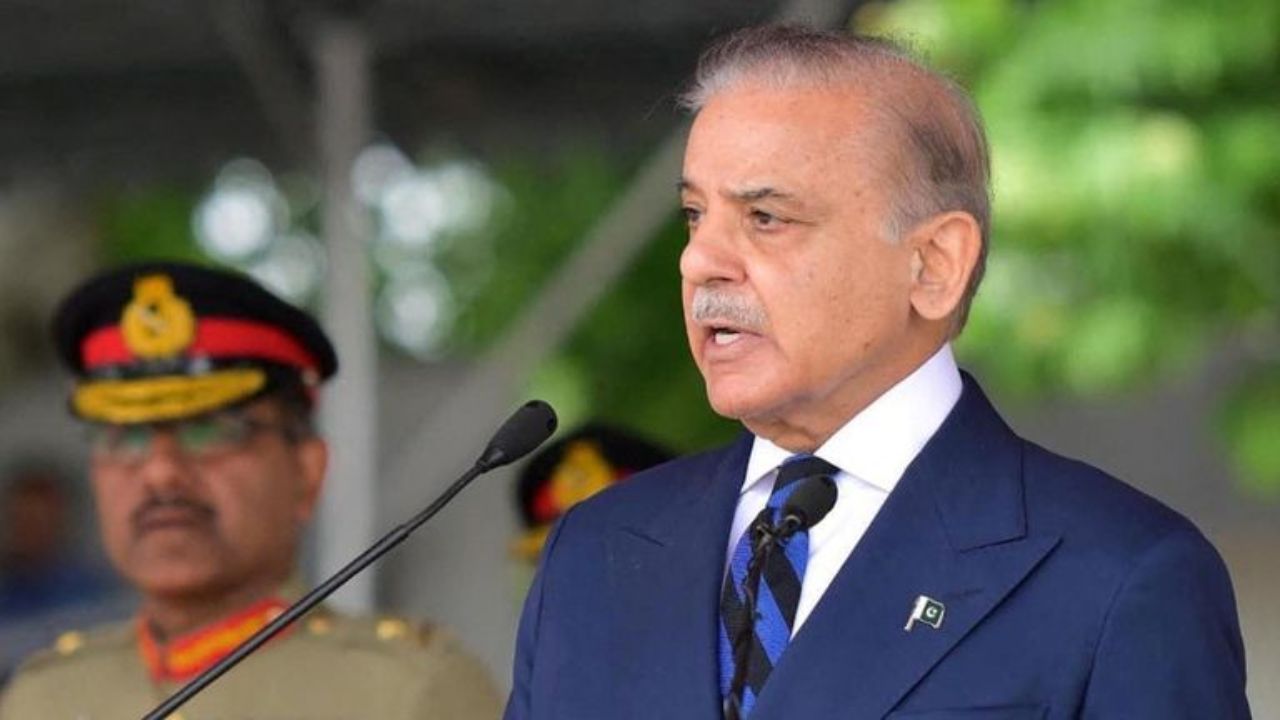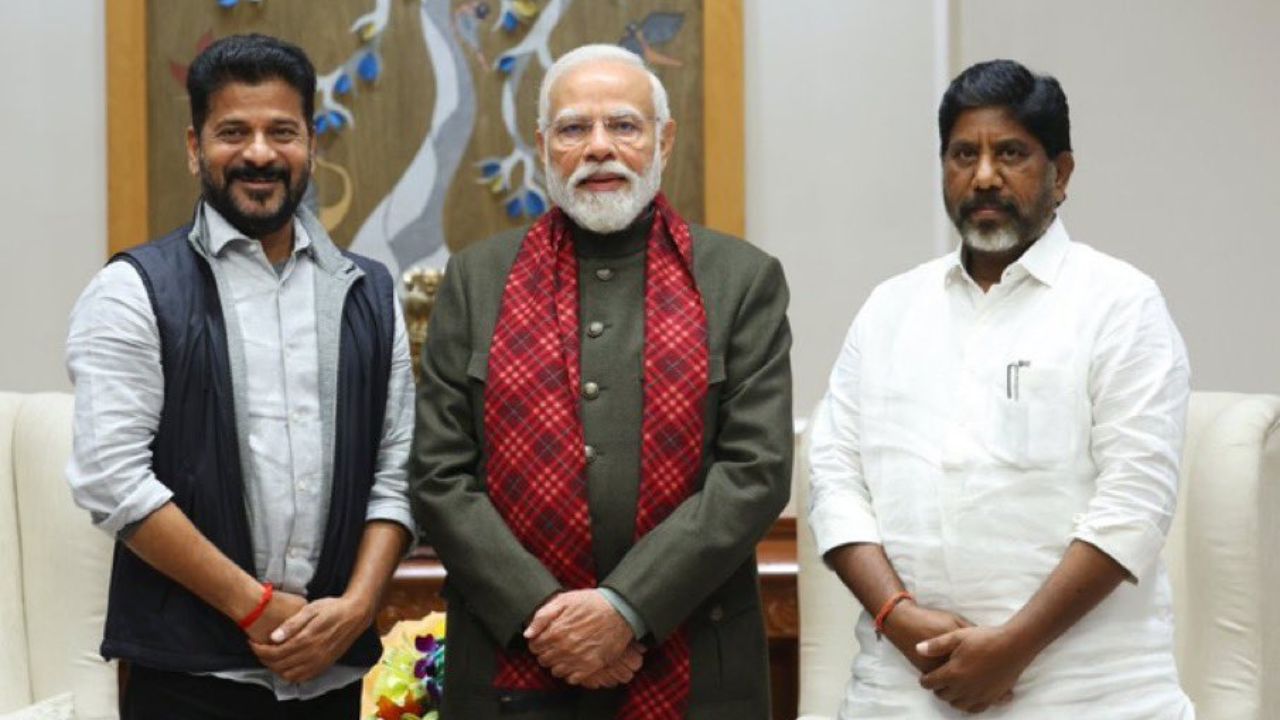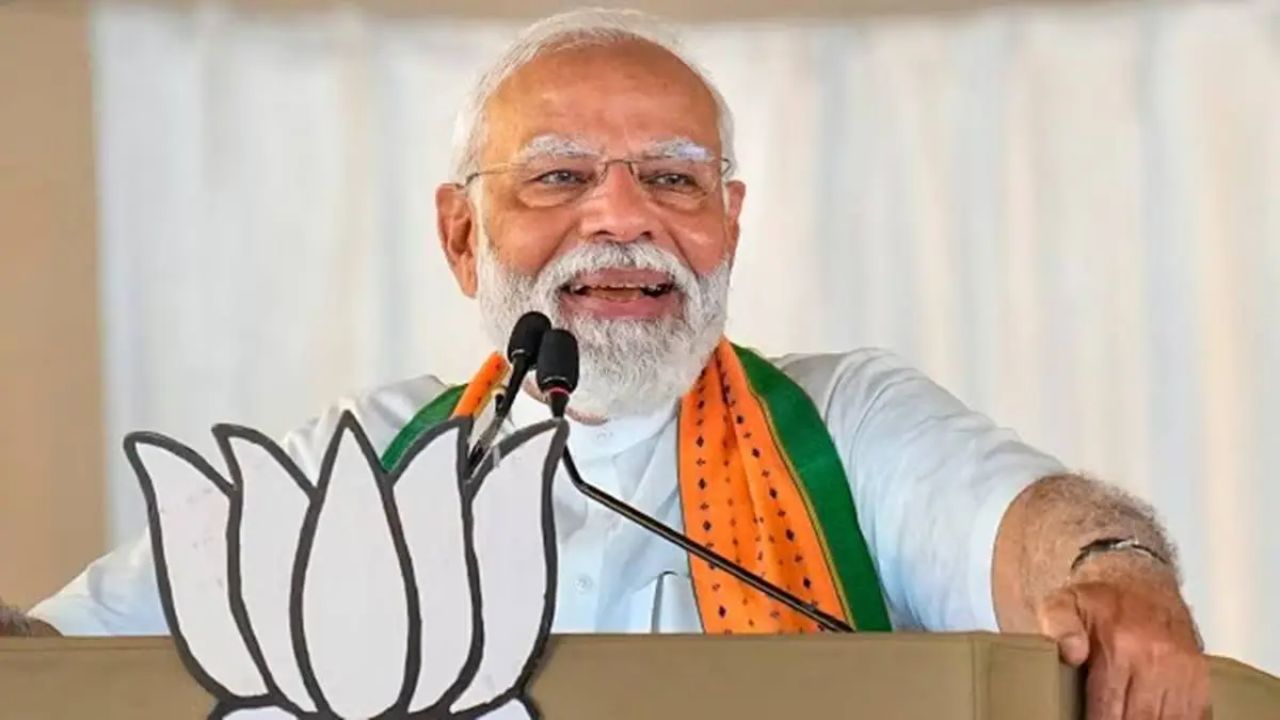“Why Akali Dal Rebels Are Using BJP and RSS as Ammunition in Their Escalating Battle of Attrition”
The Shiromani Akali Dal (SAD), now fractured following its poor performance in the recent Lok Sabha elections in Punjab, is grappling with an unusual internal conflict. The opposing factions within the party are using references

The Shiromani Akali Dal (SAD), now fractured following its poor performance in the recent Lok Sabha elections in Punjab, is grappling with an unusual internal conflict. The opposing factions within the party are using references to the BJP and its ideological parent, the RSS, as weapons against each other.
The SAD, led by party president Sukhbir Singh Badal, and a rebel group known as “Sudhar Lehar” have accused one another of “conspiring in Nagpur (RSS headquarters)” to undermine the party.
“SAD patron Sukhdev Singh Dhindsa has forced the party to take this action (of expelling him). We had invited all disgruntled leaders to discuss their issues, but they became part of a conspiracy scripted in Nagpur to weaken and divide the party,” said Balwinder Singh Bhunder, chairman of the SAD’s disciplinary committee.
On June 30, the SAD expelled eight rebel leaders, including Dhindsa’s son Parminder and former Shiromani Parbandhak Gurdwara Committee (SGPC) chief Bibi Jagir Kaur, who had been demanding Sukhbir’s resignation and a change in leadership within the SAD, accusing them of “anti-party activities.” A day later, Dhindsa was also expelled for supporting the rebels.
Bhunder accused the Akali Dal rebels of playing into the hands of the BJP and RSS, noting that the former SAD (Sanyukt), led by Dhindsa, was part of the BJP-led alliance during the 2022 Assembly elections. He further claimed that expelled SAD leader Surjit Singh Rakhra and his brothers had a “backdoor meeting” with the BJP leadership about an alliance ahead of the Lok Sabha elections. Bhunder also noted that another rebel, Prem Singh Chandumajra, had advocated for this alliance, and pointed out that another rebel, Sikander Singh Maluka, had family members in the BJP. “How can we ignore the BJP connection in weakening our party?” he questioned.
Recalling that the Akali Dal had emerged strong after former patron Parkash Singh Badal faced challenges in the 1980s, Bhunder described the current crisis as “temporary” and expressed confidence that the SAD would overcome it. He pointed out that Dhindsa had allied with the SAD in March, and Sukhbir was considered a good leader then, yet within two or three months, there was a demand for a change in leadership.
In contrast, the Sudhar Lehar faction dismissed these allegations and urged the SAD to “introspect” rather than diverting attention by referencing the RSS and BJP. Charanjit Singh Brar, one of the expelled leaders, questioned the significance of any meeting with the BJP leadership, noting that Sukhbir himself had held similar meetings before the Lok Sabha elections. “SAD had an alliance with the BJP for over two decades while Harsimrat Kaur and Sukhbir were part of the NDA Cabinet. It is surprising that the SAD claims Sudhar Lehar has ties to Nagpur,” Brar said.
Sources within the Sudhar Lehar faction revealed that discussions about an alliance with the BJP had occurred frequently within the Akali Dal ahead of the Lok Sabha elections, but an alliance was not formalized due to the farmers’ protests that began on February 13.
A senior leader from Sudhar Lehar added, “Just as the SAD and SGPC are inseparable, so too are the BJP and RSS.”
Meanwhile, the state BJP accused the Sukhbir-led SAD of making these allegations because they had “lost the faith of the people.” State BJP vice-president Subhash Verma commented, “Everyone in Punjab knows the SAD’s plight. Instead of setting their own house in order, they are trying to divert the attention of people from the real issues. Blaming others for their downfall is just ridiculous.”




